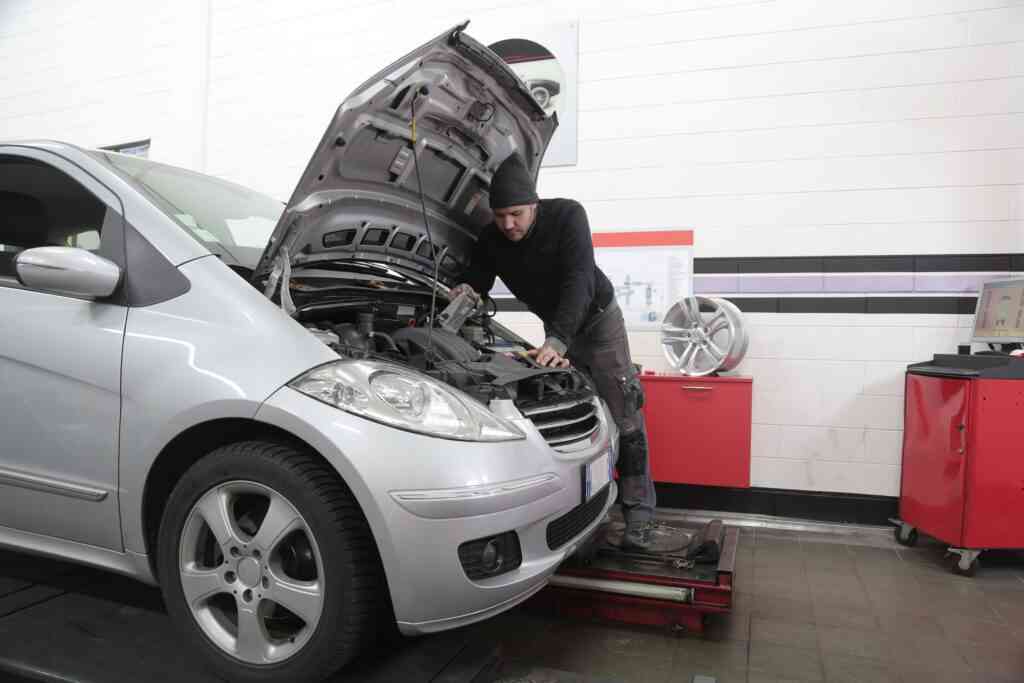6 Rookie Mistakes to Avoid When Buying a Used Car

Many of us dream of owning a car someday. Whether it is our first car to get us around with our friends, a larger car to move our growing family or perhaps, a classic car.
Personal cars are increasingly becoming a necessity rather than a luxury, especially since the Covid-19 pandemic started, as using public transport only exposes you to a higher risk of contracting the virus.
But again, considering the economic uncertainty brought about by this pandemic, shopping for a new car is not an option for many. However, all is not lost – you can get a used car, which comes at a slightly lower cost.
Now, purchasing a used car may be a straightforward task if you know what you want. But for the rookies, it can be challenging and overwhelming.
Common mistakes to avoid when buying a used car
Here are the common mistakes you should avoid when buying a used car.
Not doing your homework
First, you have to identify your needs.
How many people do you want the vehicle to sit? What other specific features do you need? What kind of terrain will you mostly be driving in – are you in the city or the country? What is your budget?
After you have identified your needs, do some research – What car models would best suit your needs? Search online for used vehicles, the prices, and various dealers around you. Even better, you can use just one site to buy a used car to make things easier. Compare prices and models based on your needs. Identify the best deals around you and physically visit them to assess the vehicles. You should never have one option when buying a used car.
Not asking for the vehicle’s history report
Every used car has a history – whether good or bad.
There is a reason why the seller is disposing of the vehicle in the first place, and you must ensure it is a good one. However, most people tend to ignore this important feature when buying a used car. But remember, history repeats itself.
How many owners has the vehicle had since it was first purchased? What if one of the owners violated some traffic rules? Has the vehicle been listed on criminal records before? How many accidents has the car been involved in and how severe were they?
If the vehicle has a bad history, be ready to walk away and find another one.
Foregoing the inspection of the car

After giving you the vehicle’s history, most dealers will insist that the vehicle has no significant defects or problems that need a full inspection. But, don’t fall for this trap. And since you are just a “rookie,” you should bring a mechanic to thoroughly inspect the vehicle.
Actually, the inspection should be conducted before you even negotiate the price with the dealer. Let the mechanic check the tires, brake pads, paint coating, among other essential parts. If there are any pinpointed flaws and faults in the inspection report, it will help you negotiate the price down. Also, you will avoid costly repairs in the near future.
Skipping the test drive
Now that you have the vehicle’s history report and the mechanic has fully inspected it, do not rush to close the deal. Most rookie buyers only do a quick test drive within the seller’s compound and get satisfied.
Get in the car and make rounds on your local route and highways. Can the vehicle handle routine tasks like bumps and merging? Does it produce weird sounds while moving?
After a long drive, you will clearly notice if the car has pre-existing conditions relating to air conditioning, gearbox, and engine, among others. Once you notice such conditions, let the car dealer know about it. You should never buy a car that has obvious mechanical problems.
Forgetting the paperwork
A vehicle is not something you just hand in cash, take and walk away. How will you prove that the car is now yours? What shows that you legally bought the vehicle?
Everything must be put down in writing from the transaction to the ownership documents. All the ownership documents of the car should be transferred to your name as soon as possible.
If possible, there should be a third party to act as a witness in case anything goes wrong after the purchase.
Focusing more on the price
Undoubtedly, the first thing most of us check when shopping for anything is the price. We put a lot of focus on the price such that we forget to examine the quality of the object being purchased.
Yes, you are buying a used car, but, you shouldn’t settle for less. You see, a low-priced car can easily become a liability in the long run, without the proper checks. The price should actually come last and not the other way round. Considering the importance of thorough vehicle inspections, utilizing a comprehensive digital vehicle inspection tool like Autoflow can help you assess the quality and condition of a used car more effectively.
Conclusion
We all make mistakes, but some mistakes can be very costly in terms of time and finances. Buying a lemon of a car will be just that: a costly mistake. However, now that we have highlighted the common mistakes to avoid, make use of the tips and save your time and money.
Author: Mark Peters
Read more on
We're on YouTube. Are you following us?
Check us out here.Related Stories
Advertisement Advertisement
Advertisement Advertisement
Advertisement

